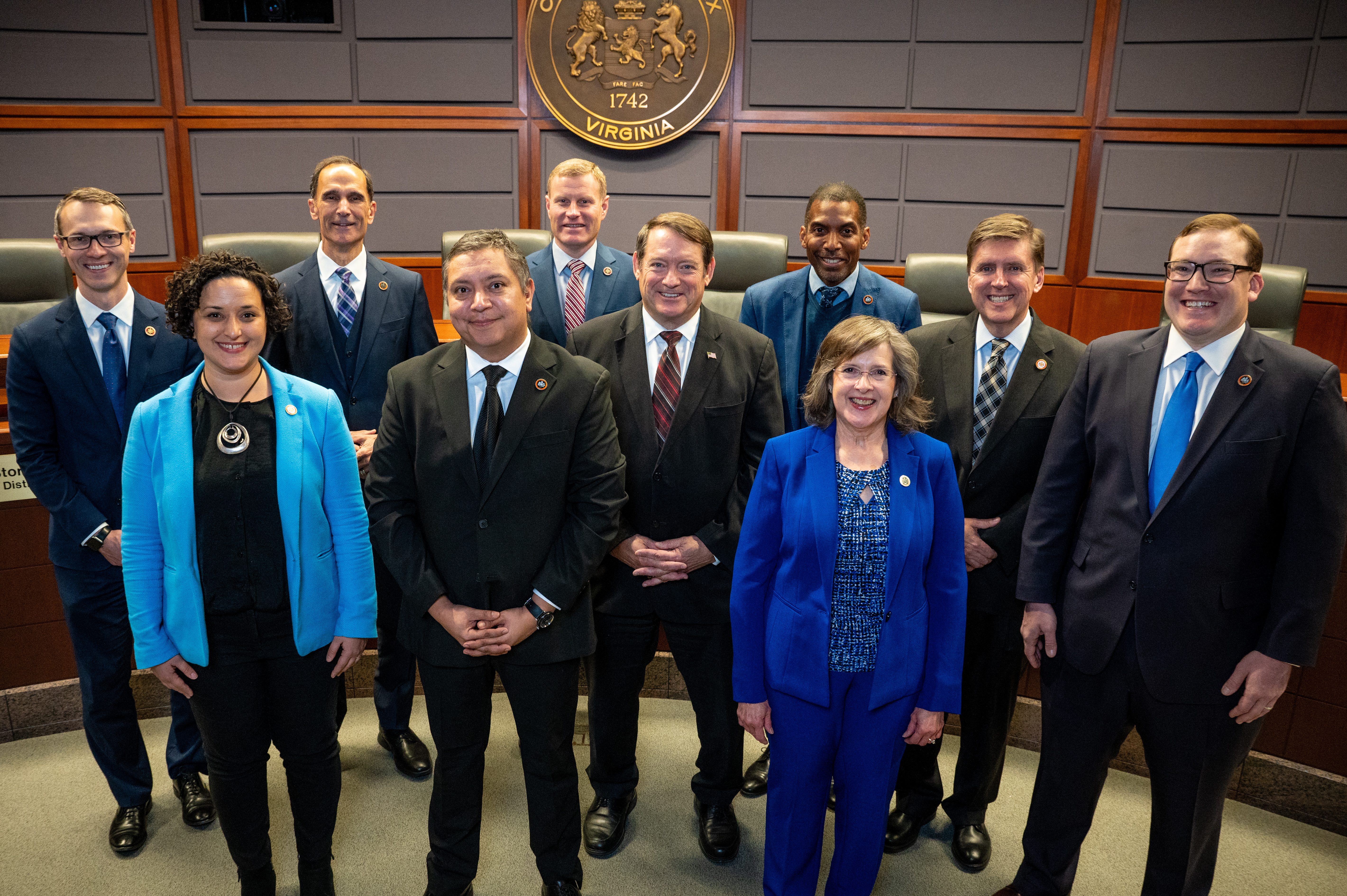Social Media
Find the latest updates from official social media accounts on Facebook, Twitter, Nextdoor and Instagram. You can also view our commenting policy and search our archive of all official social media posts from the last 10+ years.
Engage Fairfax County
Engage Fairfax County is the official public participation portal that features select projects, surveys and opportunities to provide feedback as part of our commitment to inclusive community engagement.
Subscribe to Newsletters
Public Meetings and Events
Highlights
Contact us
Contact us by phone, email or social media for general information.
8 a.m. to 4:30 p.m., Monday-Friday


